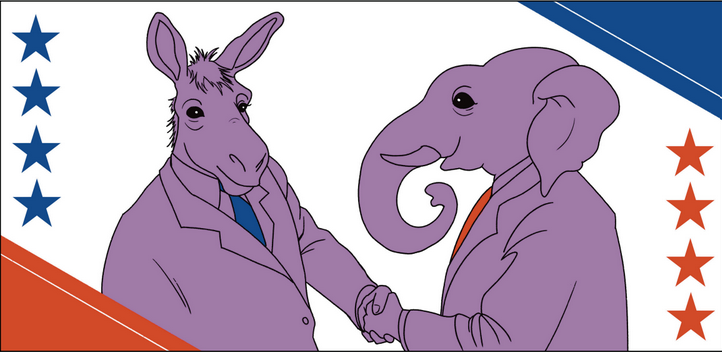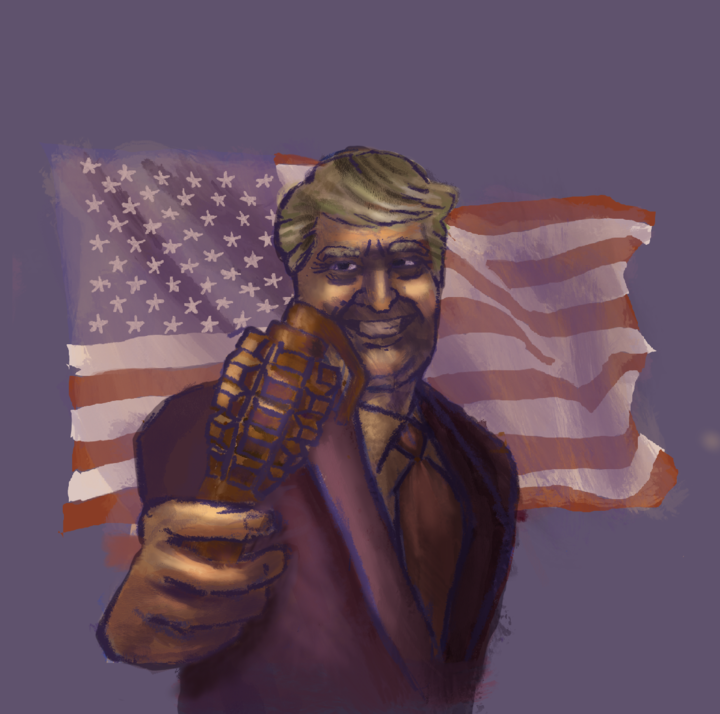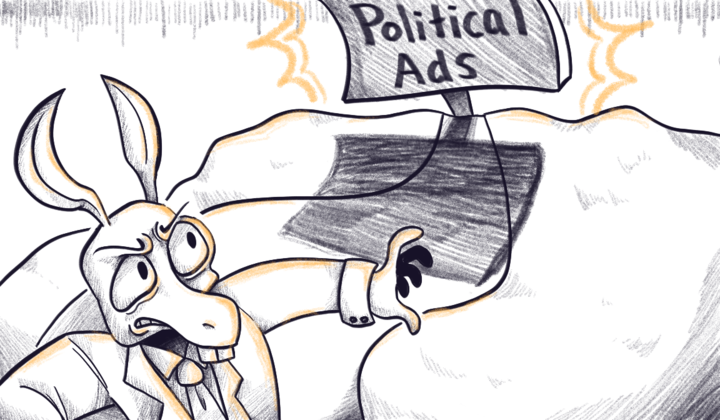Tom Rath, author of StrengthsFinder, said “You cannot be anything you want to be — but you can be a lot more of who you already are.” His approach to leadership and personal development advocates that we should build on what we’re already good at. Perhaps that’s exactly what A.S. Council should do.
A.S. Council is, as always, immersed in what appears to be drama and dysfunction. As one of several strongly-worded resignation letters noted, “too many council meetings have not been reflecting student priorities.” While I don’t necessarily disagree with that, let me offer another perspective: Instead of fighting what seems to be A.S. Council’s natural disposition to self-serving drama, we should embrace it. Let me explain.
Conflict is healthy — especially when it’s managed well. Yes, A.S. Council occasionally misbehaves; but I would be more concerned by a council that agreed on everything. If we all agreed, there would be little need for a council. A.S. Council is good at disagreeing, and that’s as it should be. Consideration of bylaws is a normal and important function of an organization. And yes, that includes election bylaws. Some institutional streamlining (AKA make council smaller) might help improve conversation efficiency. But at the end of the day, the process by which we select our representatives on council deserves the attention it has garnered.
What this comes down to is that A.S. Council is divided into two groups: “talkers” and “doers.” Speaking in broad strokes, elected senators are the “talkers,” or the philosophical heart of the council — ostensibly representing the needs and wants of UCSD students. Conversely, the “doers” — appointed Associate Vice Presidents and their staff — are there to carry out the vision of the elected council. And while their input is invaluable, they serve a very different function than that of a senator. It’s little wonder why people are frustrated with the topics of conversation in A.S. Council. The “doers” want to do, and the “talkers” want to talk. We’re not going to change the nature of A.S. Council — there will always be heated debate over apparently innocuous, self-serving topics like election bylaws. To fight what comes naturally to A.S. Council is the wrong approach. Instead, we should channel it.
ASUCSD is one of the few student associations in the UC system that has an integrated council, where senators, executives and program directors share a meeting. A.S. Council goes through the gyrations of resignations and bitter condemnations every year, and every year everyone acts surprised. Doing the same thing and expecting a different result is the definition of insanity. Perhaps it’s time for ASUCSD to make a major structural change that better reflects what we want from A.S. Council, and stop trying to be something it’s not.







